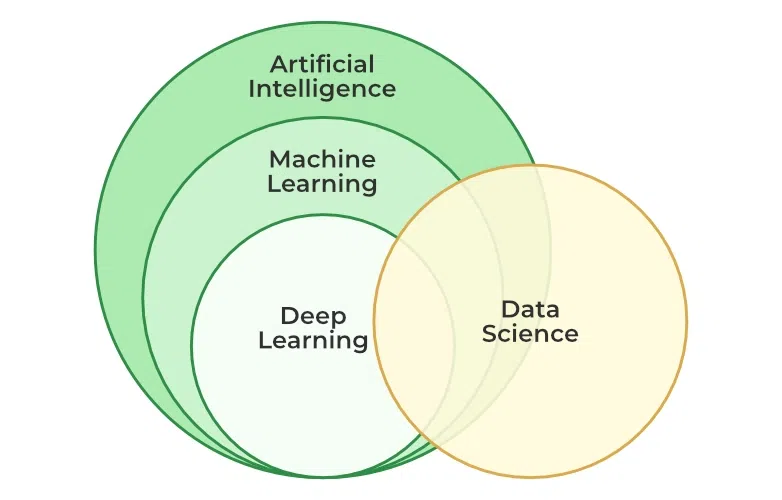Following Key Topics to Cover in Machine Learning-
1) Introduction to Machine Learning
- What is Machine Learning?
-
Types of Machine Learning: Supervised, Unsupervised,
Reinforcement Learning
- Machine Learning Workflow
- Model Evaluation and Validation
2) Supervised Learning
- Regression
- Classification
- Decision Trees and Random Forests
- Support Vector Machines
3) Unsupervised Learning
- Clustering
- Dimensionality Reduction
- Association Rule Learning
- Principal Component Analysis (PCA)
4) Deep Learning
- Neural Networks Basics
- Convolutional Neural Networks (CNNs)
- Recurrent Neural Networks (RNNs)
- Generative Adversarial Networks (GANs)
5) Reinforcement Learning
- Markov Decision Processes
- Q-Learning and Deep Q-Networks (DQN)
- Policy Gradient Methods
- Actor-Critic Models
6) Model Deployment and Scalability
- Deploying ML Models in Production
- Scalability and Performance Optimization
- Monitoring and Maintenance
- Model Interpretability and Explainability
Mastering Machine Learning concepts and techniques is
essential for leveraging the power of data and
building intelligent systems that drive innovation and
create value. This curriculum covers foundational
topics required to understand, implement, and deploy
machine learning models effectively. By acquiring
these skills, you can unlock new opportunities in
data-driven decision-making and problem-solving across
various domains.



